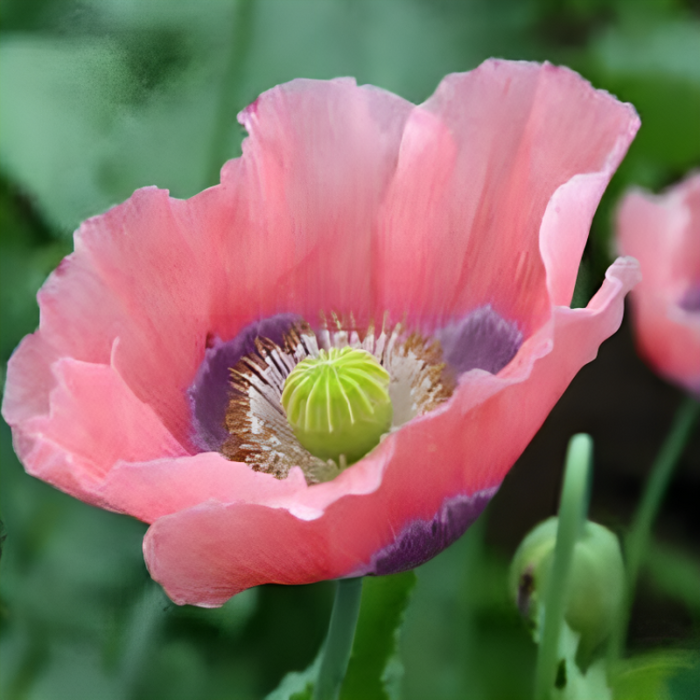
Hens And Chicks Poppy Flower Seeds
Save 50%
Original price
$10.00
Original price
$10.00
-
Original price
$10.00
Original price
$10.00
Current price
$4.99
$4.99
-
$4.99
Current price
$4.99
Discover the subtle charm of the Hens and Chicks Poppy Flower Seeds, also known as Lettuce Leaf Poppy or Bread Seed Poppy by planting them easily using these Hens And Chicks Poppy Flower Seeds. With its stunning seed pods and a range of colors from deep red to light purple, including pale pink, violet lavender, and purple, this plant is a gardener's delight.
Specifications:
- Color: Deep Red - Light Purple (Pale Pink, Violet Lavender, Purple)
- Plant Seeds: Outdoors After Frost / Indoors Weeks Before Last Frost
- Plant Height: 24 - 36"
- Plant Spacing: 12 - 15"
- Bloom Time: Mid Summer - Late Fall
- Light Requirements: Sun - Part Shade
- Soil & Water Preferences: Average
- Quantity: 100 Seeds




